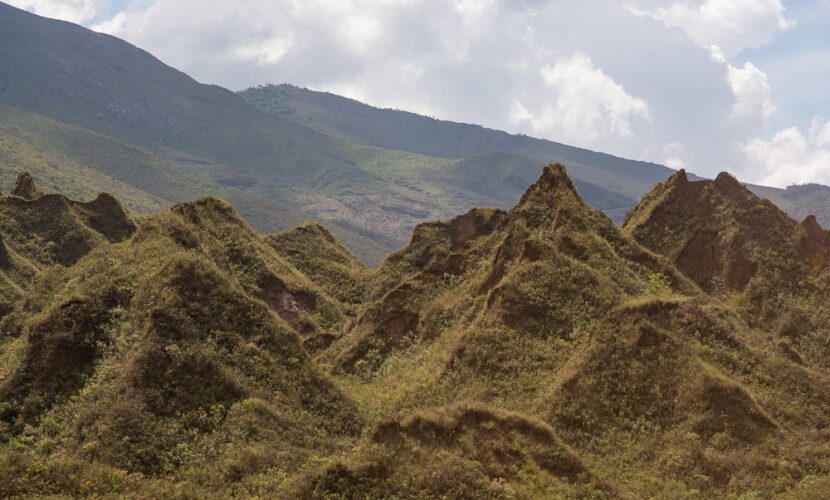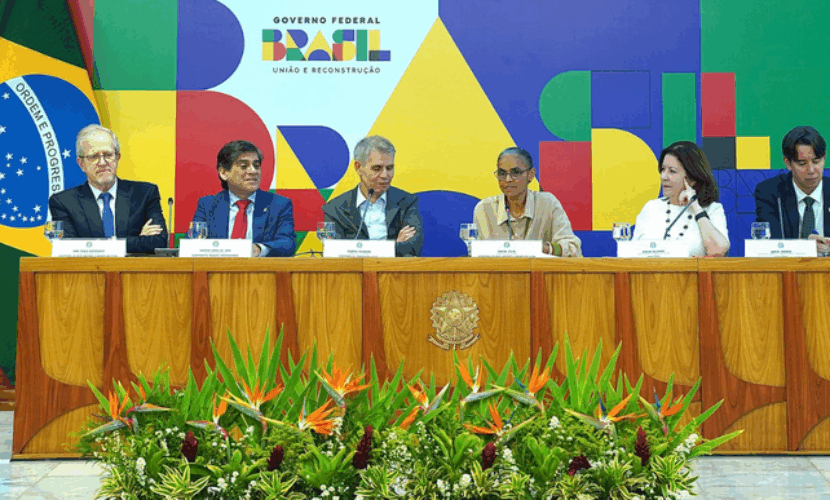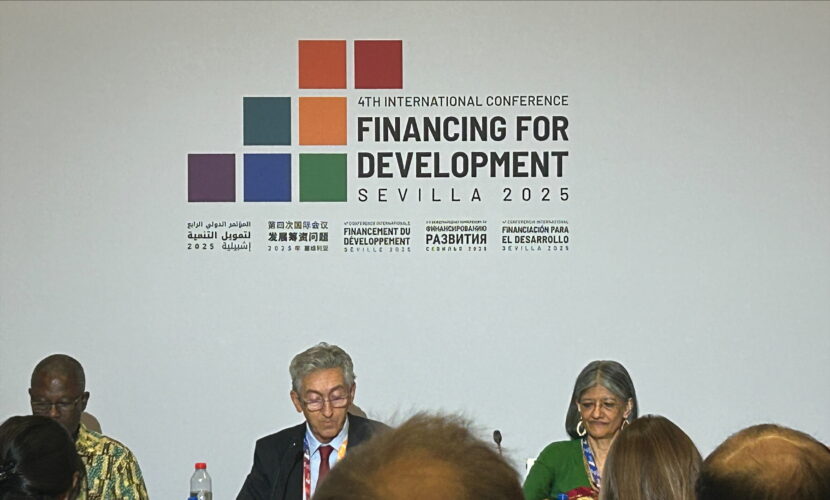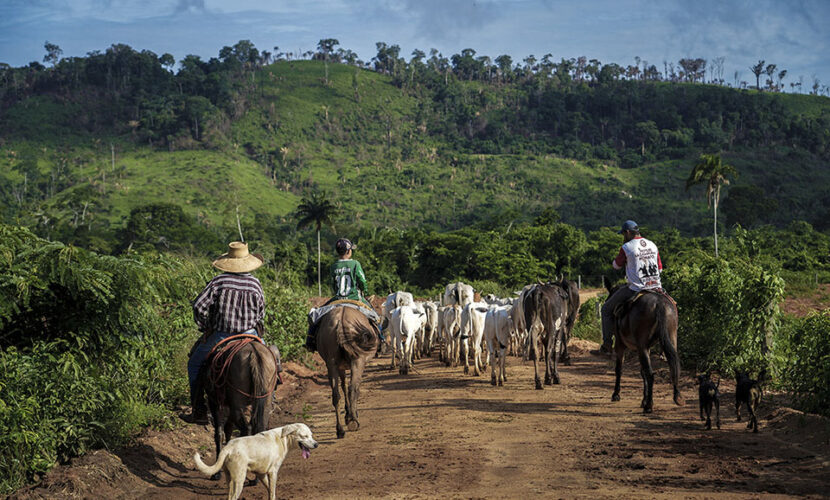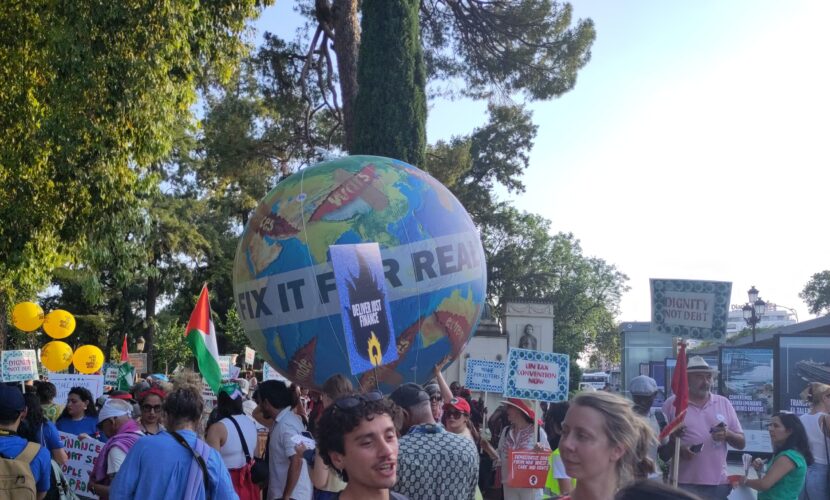News
Contribution to the Public consultation by the Brazilian Central Bank on reporting

The Brazilian Central Bank opened public consultation 100/2024 relating to the broadening of the scope of social, environmental and climate risk reporting, through the GRSAC report. The publication of the GRSAC report has been mandatory since 2022, as established by Resolution 139/2021. Among others, the consultation asks for input on indicators and metrics for reporting.
Together with partners, including the Brazilian Fair Finance Guide, Forests & Finance submitted feedback to the consultation.
While for climate risk there are already some well established metrics in use, this is less so the case for social and environmental risk. What can quantitative indicators measure, and how?
Without the intention of answering these questions definitively, we proposed some indicators that could be used as proxies for the assessment of social and environmental risks:
1. Number of land conflicts;
2. Number of embargoes, fines and occurrence of environmental judicial or administrative proceedings applied by the Union, States, Federal District and Municipalities;
3. Number of environmental licenses suspended or revoked;
4. Number of Conduct Adjustment Terms (TAC);
5. Number of embargoes and total embargoed area, number and value of fines and number of labor proceedings;
6. Number and severity of work accidents;
7. Mentions or references in lists of occurrences of work similar to slavery;
8. Number of corruption operations/processes;
9. Quantity, toxicological profile, identification of toxic products used (including pesticides), and resulting health or environmental incidents;
10. Quantity and identification of effluents (gases, liquids and solids) produced;
11. Exposure to activities with the potential to generate contaminated areas;
12. Exposure to contaminated areas registered in public records;
In our feedback, we welcome the focus on the agribusiness sector, but suggest the inclusion of more detail per sector. We also suggest the inclusion of a table for the mining sector, with details of exposure per mineral. And we suggest to include all indicators that are monitored by the Ministry of Science, Technology and Innovation, through its System for information and analysis about the impacts of Climate Change (AdaptaBrasil MCTI).
Apart from indicators, financial institutions should also provide more information and transparency about their clients, including their location, and details about compliance with environmental regulations, land regulations (including overlap with indigenous, traditional and/or protected territories), as well as human and labour rights regulations.
In addition, financial institutions should publish their transition plans and their voluntary commitments, and we propose goals and targets for several issues, including climate change, fossil fuels, biofuels, mining, renewable energy, nature and sociobiodiversity, human rights and labour rights.
You can download our full submission here:
